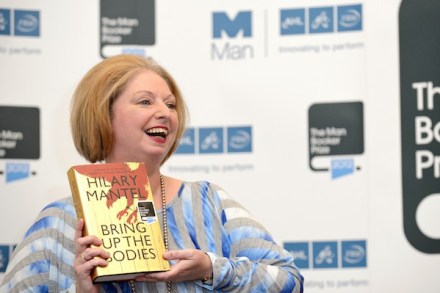… the bad, and the ugly
At Oxford in 1960, I had history tutorials from Alan Bennett. Just before he shot to stardom in the revue Beyond the Fringe, he was writing a thesis on the retinue of Richard II. Another of his pupils was David Bindman, later a professor of art history at London University. I was collecting pottery and Bindman already had an impressive collection of drawings. In his book Untold Stories (2005), Bennett wrote: David Bindman would show me Old Master drawings he had picked up for a song, and Bevis Hillier would fetch along ceramics. I knew little of either and could neither confirm nor deny the confident attributions both boys put

















